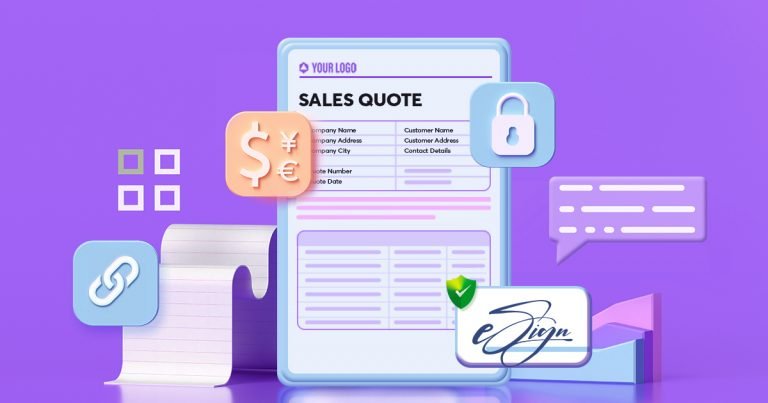WANT TO IMPROVE YOUR VOCABULARY – HERE IS HOW YOU CAN DO THAT:
Developing a broad vocabulary over time can help you avoid uncertainty and attain clarification by effectively communicating your views, either vocaly or in writing. You can improve your vocabulary skills by discovering and using a learning approach or learning tool like UnscrambleX that works for you.
Words are the building elements of speech and one of the most potent determinants of someone’s educational, job, and social standing. In addition, when learning another language, you must constantly expand your vocabulary. However, most individuals find it difficult to successfully enhance their vocabulary since new words go in one ear and out of the other.
It’s not that we have trouble understanding the terminology when we see it. Instead, we find it difficult to remember when we have the opportunity to utilize it, or, even worse, we forget to use it consistently enough to end up back where we started. So, in this post, we will examine the importance of vocabulary knowledge and tell you some tactics on how you can expand your vocabulary.
WHY DO YOU NEED TO IMPROVE AND HAVE A STRONG VOCABULARY?
To collaborate effectively with someone in person, via email, or through other methods, you must have strong communication skills. Determining which words to use and when to use them is crucial for being an effective communicator. A straightforward technique to improve your communication abilities is to expand your vocabulary. A vast vocabulary can assist you in selecting the appropriate term or phrase for the circumstances, enabling you to quickly explain your ideas, thoughts, preferences, and much more.
A rich vocabulary can also boost your confidence and capability to explain yourself, whether you’re delivering a pitch to a customer or presenting a seminar. To establish a solid foundation, it is critical to include both generic and industry-specific phrases when expanding your vocabulary.
TACTICS TO IMPROVE YOUR VOCABULARY
Most of us haven’t spent significant time mastering new words since we were in middle or high school. Fortunately, you can always resume where you left off. Here are some pointers to get you started with learning new vocabulary words:
- DEVELOP A DAILY READING HABIT
The more you read, particularly books and literary works, and periodicals and journals, the more words you will encounter. As you read and discover new words, combine them to draw the meaning of the text of the phrase and seek up the definition in a glossary. When you encounter terms in context, it is easier to increase your vocabulary. Seeing terms in a novel or a media article can be significantly more beneficial than seeing them on vocabulary charts. Not only are you exposed to new words, but you also observe how they are utilized.
- CONCENTRATE ON PRACTICAL PHRASES AND TERMS
Jargon refers to the employment of totally new words or distinct definitions of words in specific sectors. If your colleagues and others in your field utilize technical jargon, work on expanding your vocabulary to include these terms. For instance, in some businesses, the term “stand-up” refers to a brief daily meeting.
You might also seek out more straightforward ways to explain yourself instead of relying on cliches, which may trick others into comprehending or slanting your message. Rather than saying “get your foot in the door,” you could say “extend your options” or “keep your head down,” you could say “attempt to avoid tough and dangerous circumstances.”
- ALWAYS HAVE A DICTIONARY OR THESAURUS WITH YOU
Use whichever format you prefer: printed, application, or web. When you come across a new term, check it up in the dictionary to learn its pronunciation and its meaning (s). Next, consult a thesaurus to discover related terms/expressions and their complete opposites (synonyms and antonyms, respectively) – and study the differences between them.
When utilized correctly, online dictionaries and thesauruses are great tools. They can help you recall synonyms that would be better terms in the context of what you’re composing. A complete dictionary definition can also teach you about figures of speech, root words, and alternate spellings, which is another approach to expand your vocabulary.
- PLAY GAMES AND MAKE IT FUN
Board games like word games that test you and work with you to find different definitions and terms are an excellent and enjoyable technique for growing your vocabulary. Scrabble and Boggle are two classic games that might help you improve your English vocabulary. Crossword puzzles can do the same. Follow up sessions of these game types with some note-taking if you’d like to be effective. Keep a list of the vocabulary you discovered while playing these games and refer to it from now and then.
- PRACTISE THE NEW WORDS YOU LEARNT IN A CONVERSATION
. It is easy to collect a large vocabulary without understanding how to utilize it. This implies you must use your personalized dictionary on your initiative. If you stumble upon an intriguing word while reading, make an effort to use it in verbal exchange. Experimentation in low-stakes scenarios allows you to practice the skill of word usage and, with some trial and error, hone in on the correct term for a particular context. Simply conversing with others can help you learn new terms. As with reading, if you discover a unique term, write it down so you may research it later and gradually add it to your knowledge.
CONCLUSION:
You play a pivotal role in expanding your vocabulary. By following the advice in this article, you will be well on your path to finding and memorizing new terms to broaden your vocabulary and improve your command of the English language.
Finally, keep in mind that you must practice incorporating your new words into your writing and speech to retain them in your memory. When you initially learn a term, use repetitive drills or look it up in a thesaurus and consider alternative learning tactics such as notecards, recording yourself pronouncing your phrases, association games, and mnemonic devices.


